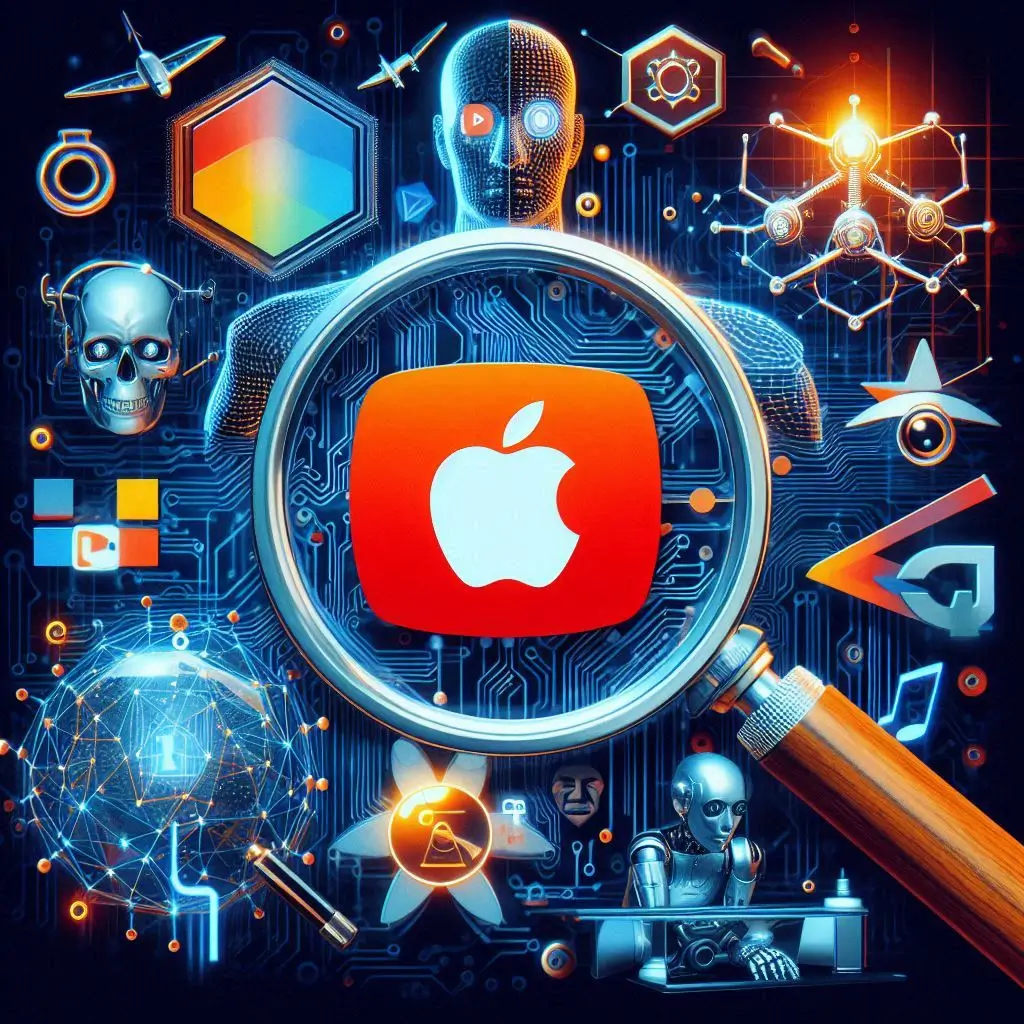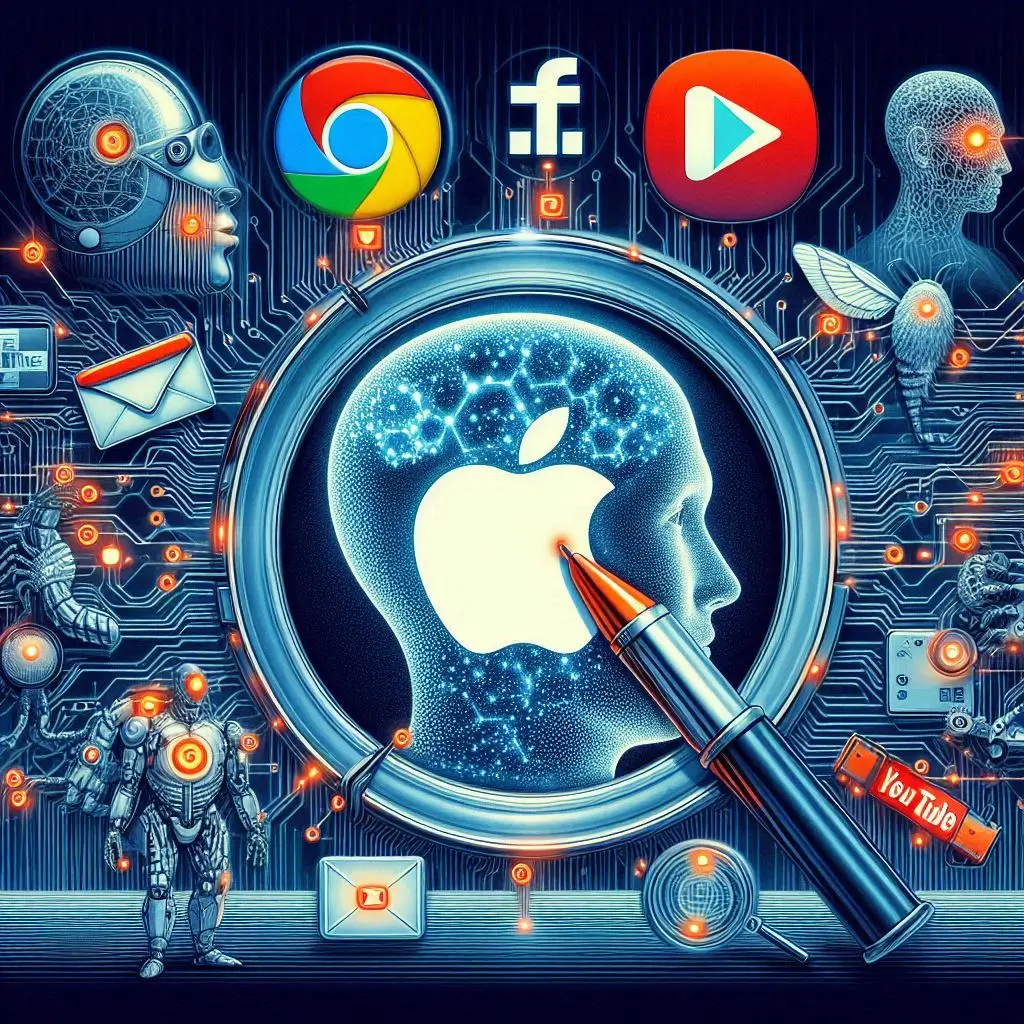In a surprising revelation, it has come to light that several major technology companies, including Apple, have used content from YouTube videos to train their artificial intelligence (AI) models without obtaining consent from the creators. This news has sparked concerns about ethical practices in AI development and the rights of content creators.
The YouTube Subtitles Dataset

A recent investigation by Proof News, co-published with Wired, uncovered that a dataset called “YouTube Subtitles” was used by tech giants like Apple, Anthropic, Nvidia, and Salesforce to train their AI systems. This dataset contains subtitles from over 170,000 YouTube videos, spanning more than 48,000 channels.
Key points about the dataset:
- It includes subtitles from popular creators like MrBeast and Marques Brownlee (MKBHD)
- Content from news outlets such as ABC News, BBC, and The New York Times is also present
- The dataset is part of a larger collection called The Pile, created by the nonprofit EleutherAI
- It does not contain video imagery, only text from subtitles and translations
Companies Involved

Several well-known tech companies have been identified as users of this controversial dataset:
- Apple
- Anthropic
- Nvidia
- Salesforce
- Bloomberg
- Databricks
These companies used The Pile, which includes the YouTube Subtitles dataset, to train various AI models. For example, Apple reportedly used it to train OpenELM, a model released shortly before the company announced new AI capabilities for iPhones and MacBooks.
Ethical and Legal Concerns
The use of this dataset raises several important issues:
- Consent: YouTube creators were not asked for permission to use their content for AI training.
- Terms of Service: The collection of this data may violate YouTube’s terms of service.
- Compensation: Content creators argue they should be compensated if their work is used to train AI models.
- Potential misuse: There are concerns about how this data might be used to create AI-generated content that could compete with or misrepresent original creators.
Creator Reactions
Many YouTube creators were unaware that their content had been used in this way. Some notable reactions include:
- Marques Brownlee (MKBHD) tweeted about the issue, calling it “an evolving problem for a long time.”
- David Pakman, a political commentator, expressed concerns about the use of his content without permission or compensation.
- The producers of educational channels like Crash Course and SciShow were frustrated to learn their content was used without consent.
Implications for the Future of AI and Content Creation

This situation highlights the complex challenges facing the AI industry and content creators in the digital age. Some key considerations:
- The need for clearer regulations around data collection and use for AI training
- The importance of transparency from AI companies about their data sources
- The potential impact on content creators’ livelihoods as AI technology advances
- The balance between fostering AI innovation and protecting intellectual property rights
What Can Be Done?
Moving forward, several steps could help address these issues:
- Improved transparency: AI companies should be more open about their data sources.
- Consent mechanisms: Platforms like YouTube could implement systems for creators to opt in or out of AI training datasets.
- Fair compensation: Exploring models to compensate creators whose work is used for AI training.
- Legal clarification: Clearer guidelines on what constitutes fair use in the context of AI training.
Conclusion
As AI technology continues to advance rapidly, it’s crucial that we address these ethical and legal challenges. The use of YouTube content for AI training without creator consent serves as a wake-up call for both the tech industry and content creators. It underscores the need for a balanced approach that fosters innovation while respecting intellectual property rights and creator autonomy.
This situation will likely lead to ongoing discussions and potential legal battles that could shape the future of AI development and content creation. As consumers and users of both AI and online content, it’s important to stay informed about these issues and consider their implications for the digital landscape we all share.

